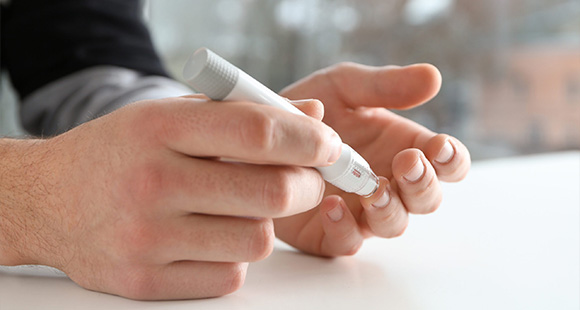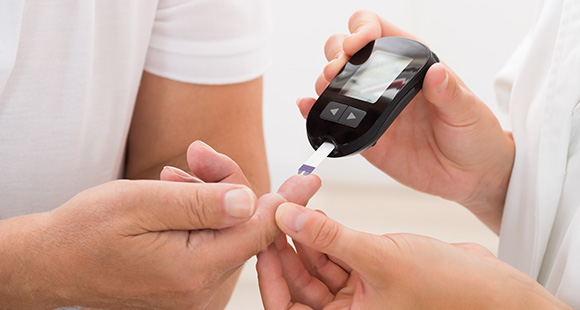
Peyronie's Disease & Diabetes
Men with Type 1 and Type 2 diabetes may experience a higher likelihood of Peyronie's Disease (PD) compared to the general population, where the prevalence is around 9% of adult males. They may also face challenges in sexual health. As a result, many of our clinic visitors with diabetes seek guidance on managing both of these men's health concerns.
Find out more how MansMatters can help you
Contact us for a free 20-minute consultation with our men's health specialists.
Arrange a Free Telephone Consultation
Book a Treatment
Receive More Information & Our Explainer Video

The link between Diabetes and Peyronie's Disease
Some research studies have shown that individuals with both diabetes and Peyronie's Disease may experience a greater degree of curvature, which can make physical closeness challenging. Before the advent of Focused Shockwave therapy and EMTT therapy, the only long-term options for men with both diabetes and Peyronie's Disease were procedures such as plication, the Nesbit technique, grafting, or implants, many of which have been provided by the NHS.
Diabetics can experience a weakened immune system due to high blood sugar levels. This can lead to a build-up of plaque in their arteries and blood vessels. The poorer the blood sugar control, the higher the likelihood that a diabetic man may develop Peyronie's Disease.
High blood sugar can damage nerve tissues and blood vessels, including those in the genital area. It is also common for men with Peyronie's Disease to experience a reduction in sensitivity, as well as difficulty achieving an erection. As diabetics age, they may also notice stiffness in their hands and reduced sensitivity in their feet, a condition known as diabetic neuropathy. These issues are all related to the effects of high blood sugar on the immune system.



Managing Erectile Health with Diabetes
Patients may not be aware that they have fibrous plaque within their system. Apart from minor swelling, other parts of the body do not expand in size and shape like the male genital area.
To achieve an erection, up to 20 times as much blood flows into the genital area, filling and expanding the blood vessels. The health of this blood flow depends on having clean arteries, veins, and unobstructed blood vessels. In male diabetic patients, some of these blood vessels may become blocked by small plaques or damaged due to injury. Over time, these plaques may combine, potentially leading to Peyronie's disease.
Focused ShockWave Therapy (FSWT), known for its ability to help break down plaque, is a non-surgical, long-term treatment option for diabetics who wish to avoid surgery for Peyronie's disease.
A recent study indicated that Focused Shockwave Therapy may benefit diabetic patients with Peyronie's disease.
However, diabetics should also consider their lifestyle choices, as higher blood sugar levels can contribute to the build-up of harmful plaque throughout the body.

Knightsbridge
Richmond
MansMatters are specialists in non-invasive, nonsurgical procedures. We do not offer surgery but have professional relationships with leading surgical urologists and andrologists who undertake different types of Peyronie's disease surgery. If you would like to know more about surgical options, then please click here.
Surgical Procedures














